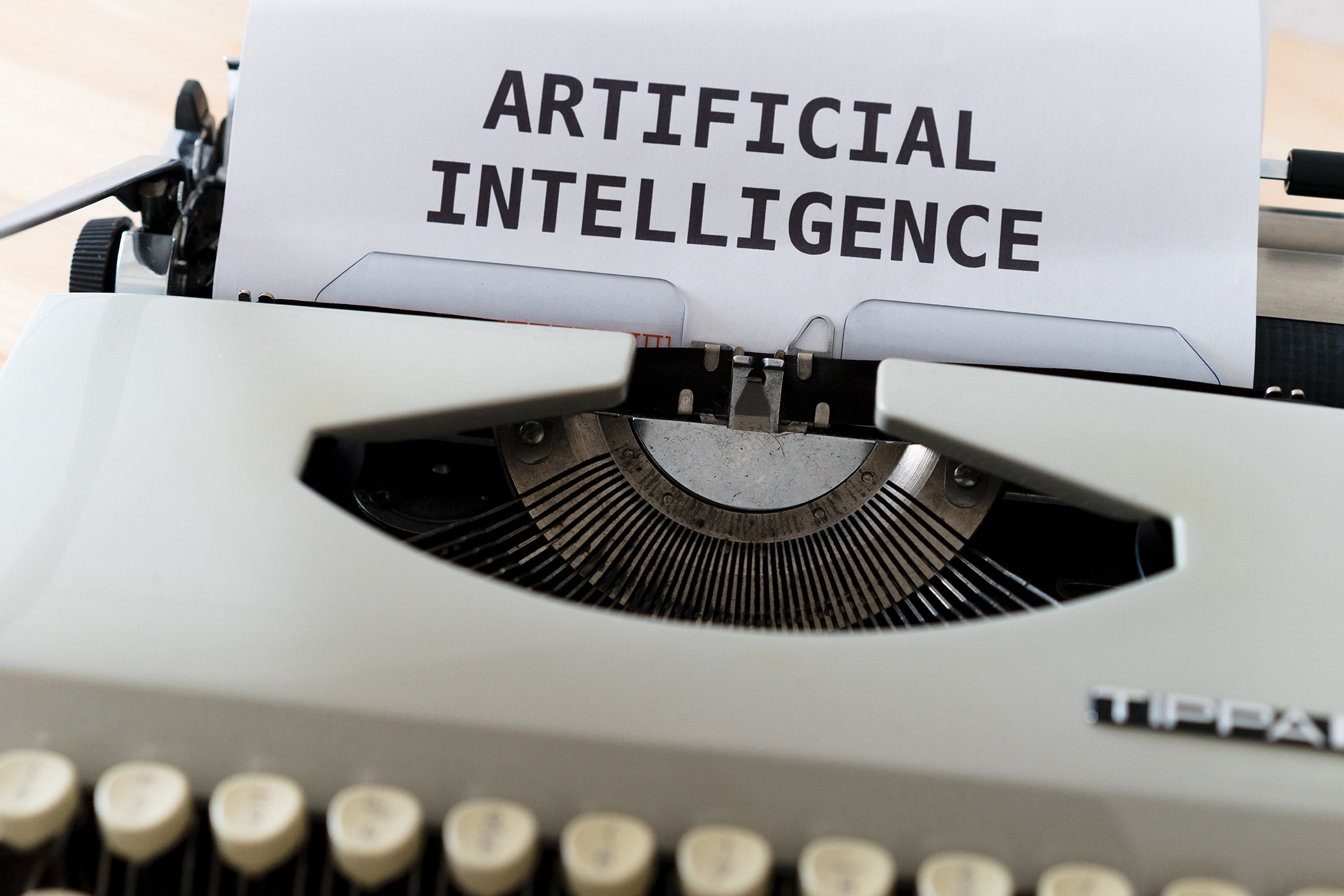Artificial Intelligence (AI) and Enterprise Resource Planning (ERP) systems are two of the latest technologies that have revolutionized the way businesses operate. AI has been making leaps and bounds in recent times, and it is now being integrated into ERP systems to enhance efficiency and help companies make better decisions. This blog post will explore the relationship between AI and ERP systems and how companies can benefit from their integration.
Defining AI and ERP Systems
AI is a branch of computer science that focuses on creating smart machines that can think and act like humans. It involves the development of algorithms and models that can understand, interpret, and solve complex problems. AI has many applications, such as computer vision, natural language processing, robotics, and predictive analytics.
On the other hand, ERP is a software solution that integrates core business processes, including finance, human resources, supply chain management, and customer relationship management. An ERP system provides a centralized and standardized platform for managing different business functions and enables real-time communication and collaboration within an organization.
AI-Enabled ERP Systems: The Benefits
The integration of AI with an ERP system can provide several benefits to organizations. Here are some of the top advantages of using AI-enabled ERP systems:
- Better Decision-Making: AI algorithms can use data collected from an ERP system to generate insights and recommendations that aid decision-making. For example, an AI-enabled ERP system can predict customer demand and inventory requirements, enabling a company to optimize its supply chain management system.
- Improved Efficiency: AI algorithms can automate some of the tasks that involve repetitive manual work, such as data entry, invoicing, and purchase order processing. This automation can lead to increased efficiency, reduced errors, and a faster response to customer demands.
- Enhanced Customer Experience: AI-enabled ERP systems can help companies understand their customers’ preferences better and provide a personalized experience. AI algorithms can analyze customer data and offer insights that enable organizations to offer tailored products and services to their customers.
- Predictive Analytics: Predictive analytics involves using AI algorithms to identify patterns and trends in data to predict future outcomes. AI-enabled ERP systems can use predictive analytics to forecast sales, demand, and supply chain requirements accurately.
- Data-driven Decisions: AI-enabled ERP systems provide decision-makers with access to real-time data from different business functions, which they can use to make informed decisions. This real-time data enables executives to get an accurate picture of their business and make data-driven decisions.
AI-Enabled ERP Systems: The Challenges
While the benefits of integrating AI with an ERP system are significant, several challenges must be addressed. Here are some of the common challenges associated with AI-enabled ERP systems:
- Data Security: AI algorithms require large volumes of data to work effectively. However, such data can also be a security risk if not handled appropriately. Companies must ensure that proper cybersecurity measures are put in place to protect their data.
- Integration Complexity: Integrating AI with an ERP system requires a high-level of technical expertise and can be complex, time-consuming, and expensive.
- Learning Curve: Adopting AI-enabled ERP systems may require employees to learn new software and processes. This learning curve may slow down productivity in the short term.
The integration of AI with ERP systems provides companies with a range of benefits that can help them better manage their business processes. AI algorithms enable organizations to make better decisions, increase efficiency, and provide personalized customer experiences. However, integrating AI with ERP systems poses several challenges, such as data security, integration complexity, and a learning curve. By working with the right technology partners, companies can mitigate the challenges and unlock the full potential of AI-enabled ERP systems.
Multiable has been a leader in the development and integration of cutting-edge Enterprise Resource Planning (ERP) software for more than three decades. Our expertise in the Asian market is trusted by thousands of enterprises. Our goal is to simplify your enterprise processes, enhance your efficiency and streamline operations to support your business development journey. We invite you to contact Multiable today and discover how our ERP solutions can help revolutionize your business, and pave the way for a successful future.
Contact us
Error: Contact form not found.


